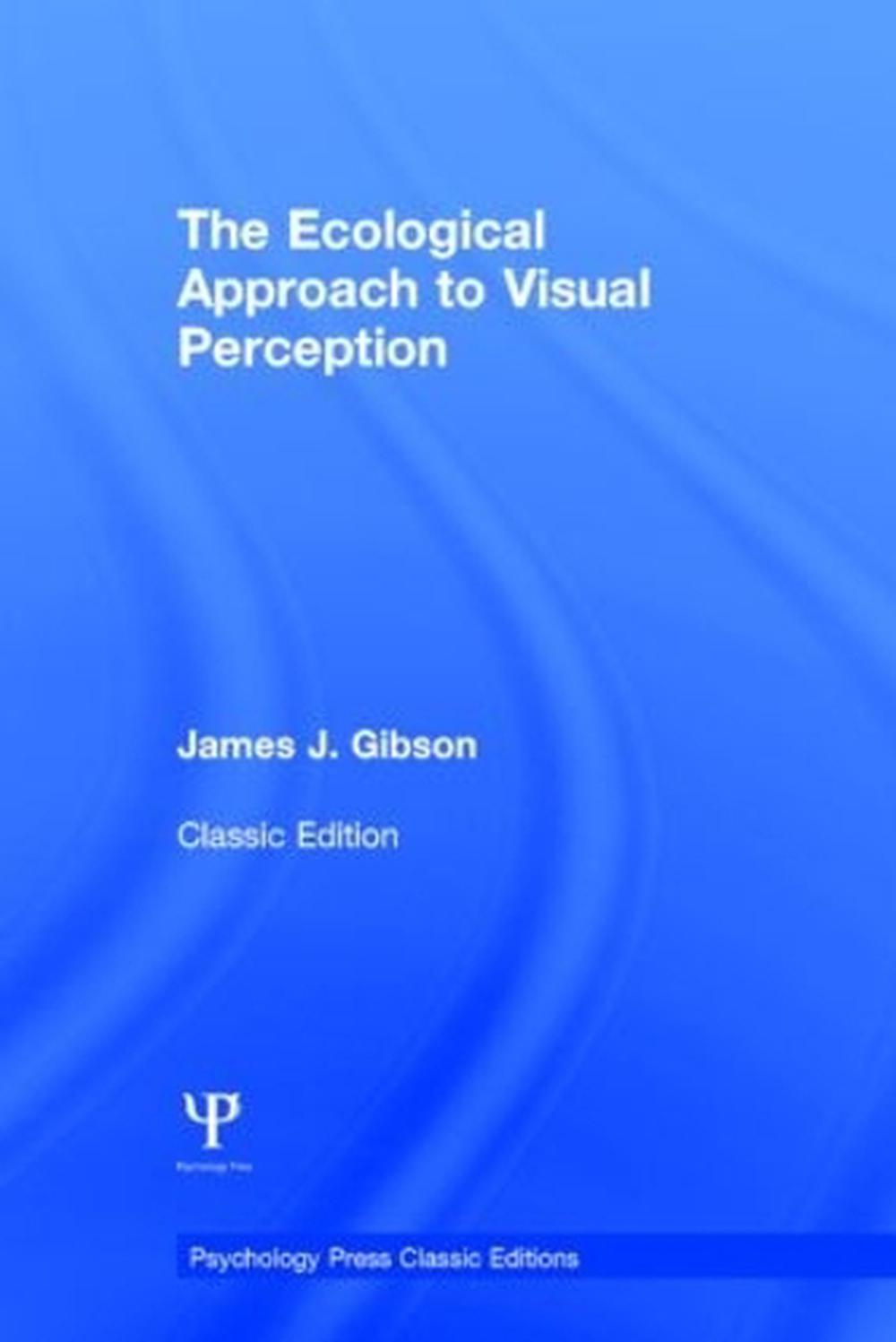
The Ecological Approach to Visual Perception
Classic Edition
- Hardcover
346 pages
- Release Date
4 December 2014
Summary
This book, first published in 1979, is about how we see: the environment around us (its surfaces, their layout, and their colors and textures); where we are in the environment; whether or not we are moving and, if we are, where we are going; what things are good for; how to do things (to thread a needle or drive an automobile); or why things look as they do.
The basic assumption is that vision depends on the eye which is connected to the brain. The author suggests that natural vision…
Book Details
| ISBN-13: | 9781848725775 |
|---|---|
| ISBN-10: | 1848725779 |
| Author: | James J. Gibson |
| Publisher: | Taylor & Francis Ltd |
| Imprint: | Psychology Press Ltd |
| Format: | Hardcover |
| Number of Pages: | 346 |
| Release Date: | 4 December 2014 |
| Weight: | 800g |
| Dimensions: | 229mm x 152mm |
| Series: | Psychology Press & Routledge Classic Editions |
You Can Find This Book In
About The Author
James J. Gibson
James J. Gibson (1904–1979) is one of the most important psychologists of the 20th century, best known for his work on visual perception. He received his Ph.D. from Princeton University and his first major work was The Perception of the Visual World (1950) in which he rejected behaviorism for a view based on his own experimental work.
In his later works, including The Ecological Approach to Visual Perception (1979), Gibson became more philosophical and criticized cognitivism in the same way he had attacked behaviorism before, arguing strongly in favor of direct perception and direct realism, as opposed to cognitivist indirect realism. He termed his new approach “ecological psychology”.
Gibson’s legacy is increasingly influential on many contemporary movements in psychology, particularly those considered to be post-cognitivist.
Returns
This item is eligible for free returns within 30 days of delivery. See our returns policy for further details.




